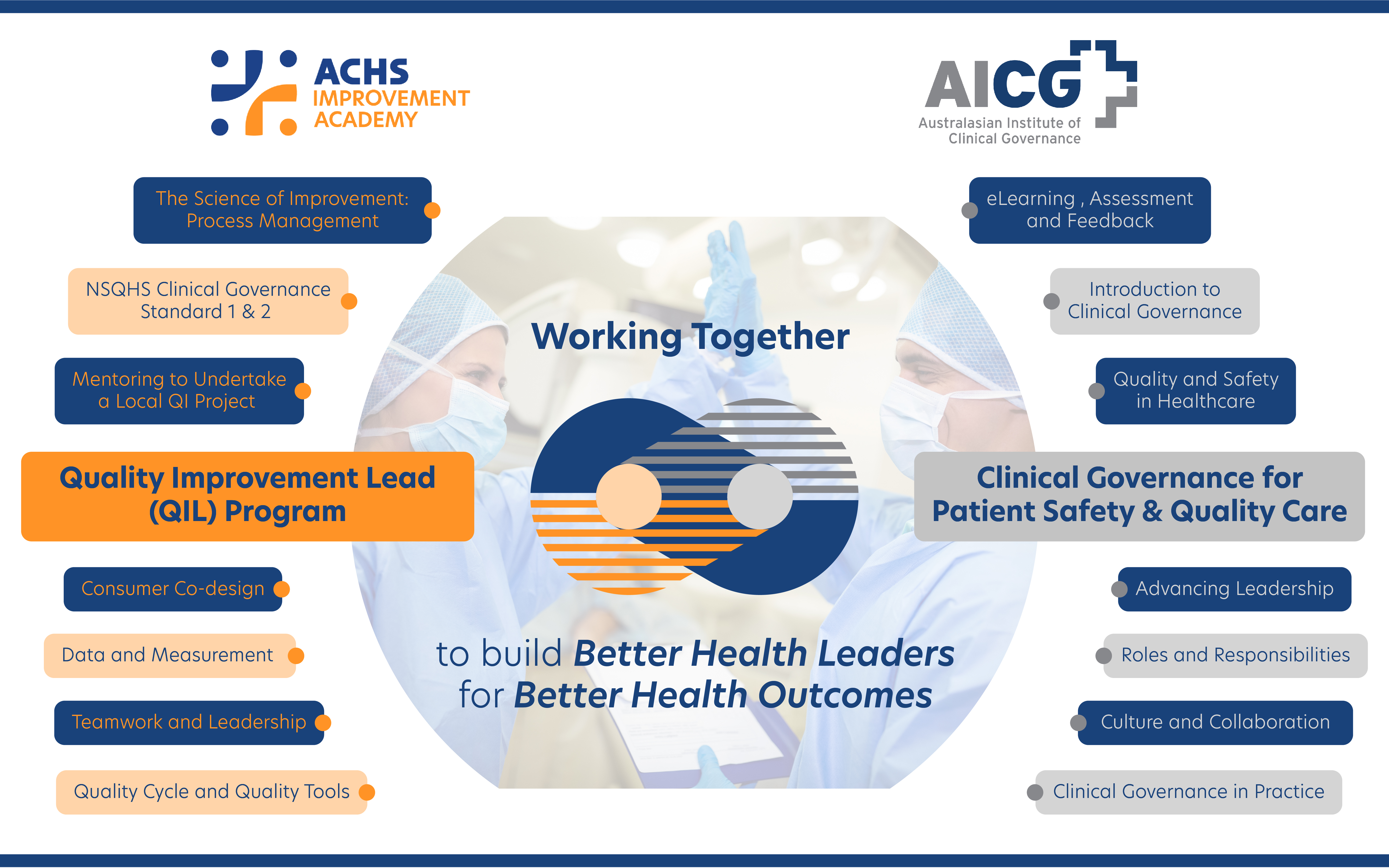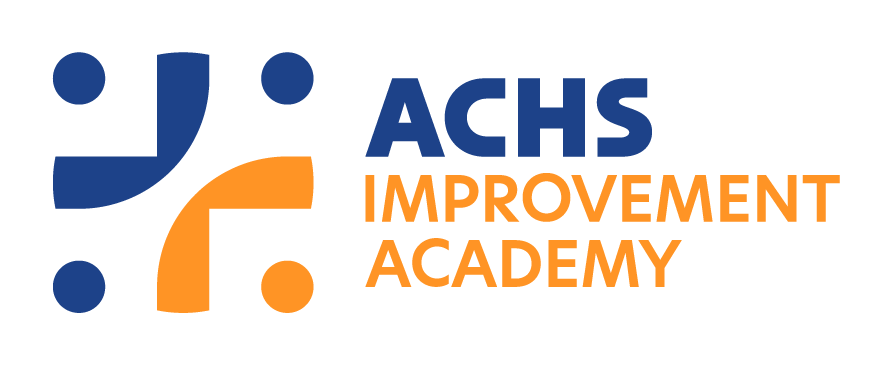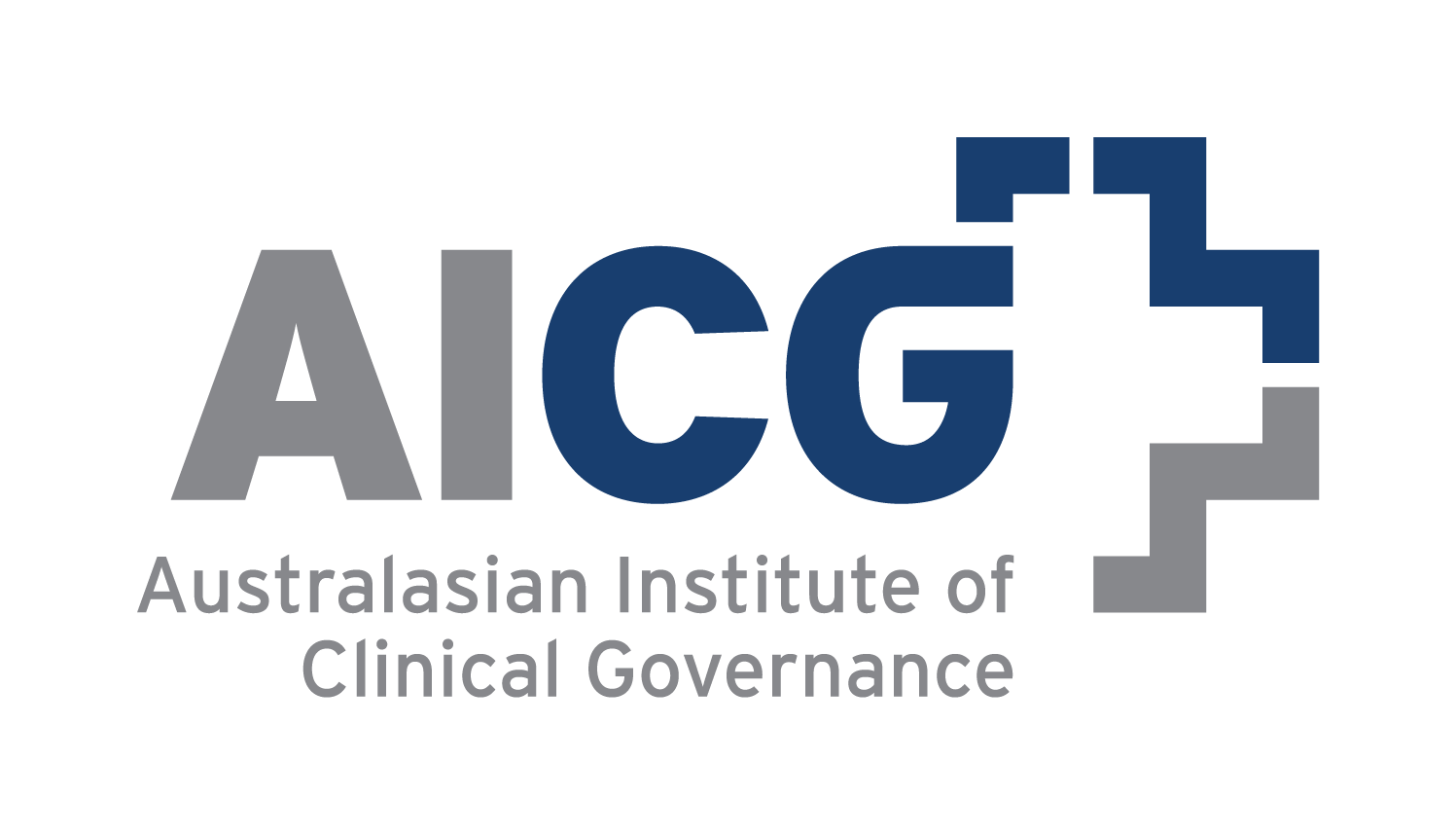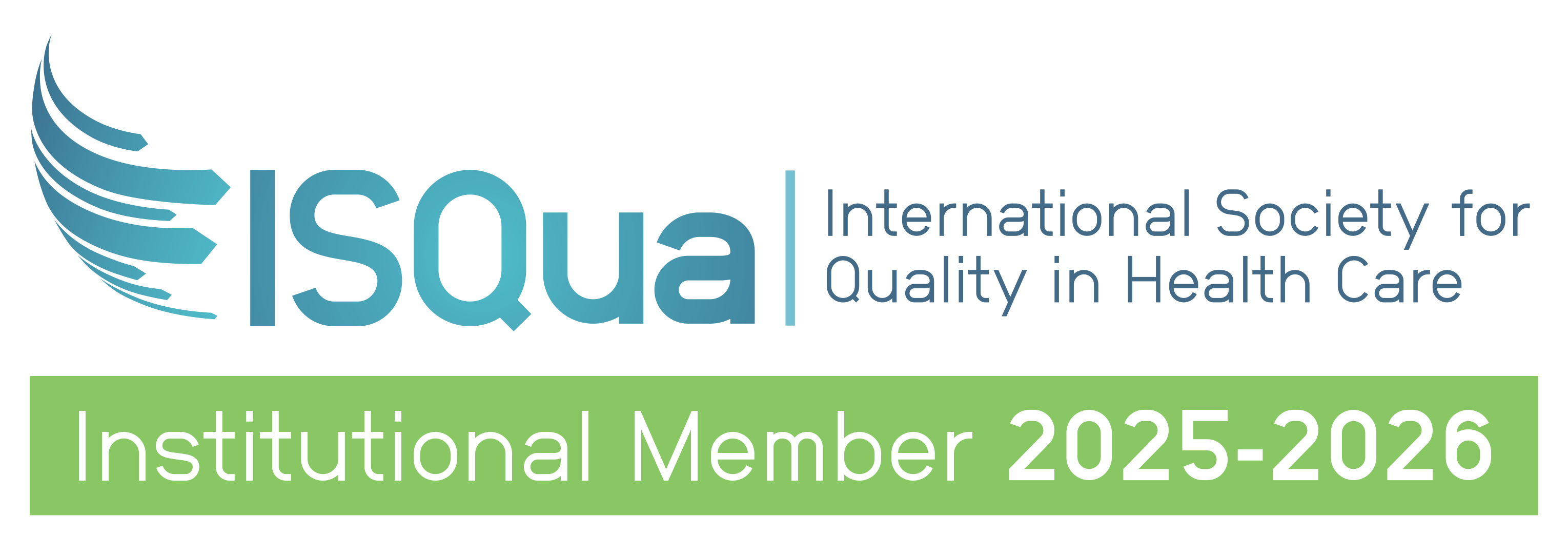
Powerful Partnership: Quality Improvement and Clinical Governance
Learn how Quality Improvement and Clinical Governance go hand-in-hand to improve the quality of care provided by healthcare leaders.
As healthcare professionals, it is often difficult to know where to focus your educational training and how to distinguish between topics and providers. This article will define each concept, their role in improving the quality of care your organisation provides and our respective career- enhancing programs.
By definition, the Australian Commission on Safety and Quality in Health Care (the Commission) says “a clinical governance framework is implemented to ensure that patients and consumers receive safe and high-quality health care”. Clinical Governance (CG) is an umbrella term that describes the systems and processes that help organisations deliver safe healthcare. The Australasian Institute of Clinical Governance (AICG) define it as “a concept by which all staff (clinical and non-clinical) share responsibility and accountability for safe and quality care, not just within the acute care setting, but across all sectors of healthcare delivery, including primary care, aged care, disability and mental health”.
In comparison, as described by The ACHS Improvement Academy Director, Assoc Professor Bernie Harrison, Quality Improvement (QI) in healthcare is “the science of process management, and the more we can perfect steps in that process, the better outcomes and experience of care for patients”. QI is a methodology for improving the quality of healthcare services, a continuous process that involves identifying problems, understanding why they exist and identifying key areas for improvement, implementing changes, and measuring the impact of those changes.
While CG is focused on ensuring that healthcare organisations have systems in place to provide safe and effective care, QI is a practical process that is focused on making incremental improvements to the quality of care provided. In practice, the two concepts often overlap, with quality improvement initiatives being a key part of clinical governance frameworks. Healthcare workers need to learn both of these competencies to understand the compliance framework and how to build a culture of improvement.
The ACHS Improvement Academy (IA) and the Australasian Institute of Clinical Governance (AICG) have joined forces to provide complementary education, focused on the synergistic relationship between Clinical Governance and Quality Improvement.
AICG provides a strong foundation for CG concepts in their ‘Certificate in Clinical Governance for Patient Safety and Quality Care’. Their flagship course ensures that staff involved in the provision of care have an applied understanding of clinical governance standards and are armed with the tools to apply their knowledge in day-to-day care. The Certificate has been tailored, with aspiring leaders in mind, to empower them to create a culture of continuous improvement and reduce the occurrence of complications. Within each workshop is a mix of health and care professionals across a variety of sectors, providing participants with a truly interprofessional experience and a greater cross-fertilisation of ideas among safety and quality champions.
The ACHS Improvement Academy’s flagship ‘Quality Improvement Lead (QIL) Training Program’ is specifically designed to give healthcare professionals the practical knowledge to step up and take quality improvement to the next level. Led by an expert faculty of clinicians who understand the challenges of health care, the QIL program is focused on supporting leaders in developing skills in continuous quality improvement and patient safety. This hands-on, 9-month course will teach the essentials of QI, how to be an effective improvement leader and how to benchmark your organisation. Participants will be supported to undertake a work-based improvement project which involves improving the quality and safety of care for patients. You will receive methods, tools and coaching by the faculty to undertake your project.

Both the Certificate in Clinical Governance and the Quality Improvement Lead (QIL) Program are mutually beneficial to support the professional development of healthcare professionals, earning CPD points as required by their respective National Board. Both programs are offered face-to-face or virtually.
What are participants say about these courses:
"The QIL program strengths are in the practical application of the theories and science of improvement. I am really enjoying this program and would recommend it to quality leads and clinicians alike.”
- Clinical Governance coordinator
"I highly recommend the AICG Certificate in Clinical Governance for clinical staff, middle managers and senior leaders. The certificate covers the areas of applied clinical governance, building culture & collaboration, and leadership in healthcare. The workshops aim to inspire health care workers to achieve more than compliance, and reinforce the need for a creative approach to improvement that engages staff at all levels."
- Director, Quality, Safety & Patient Experience
To find out more about these programs and how they support your continuing development please follow the links below:
 |
 |

